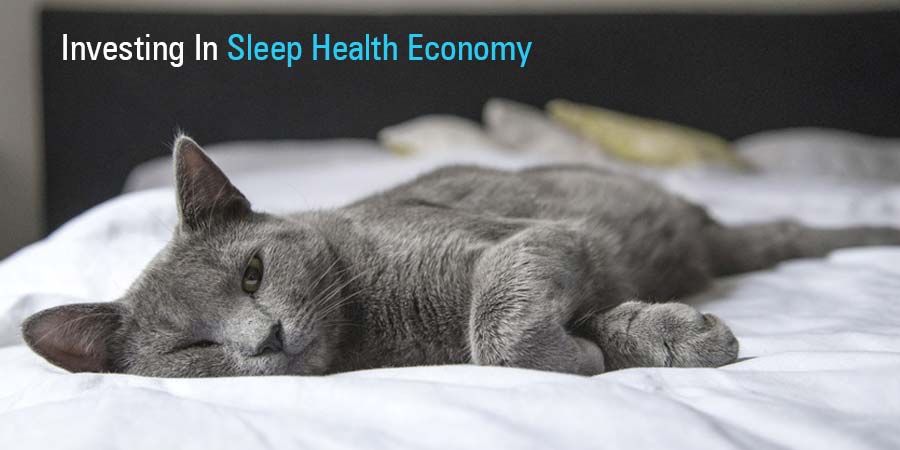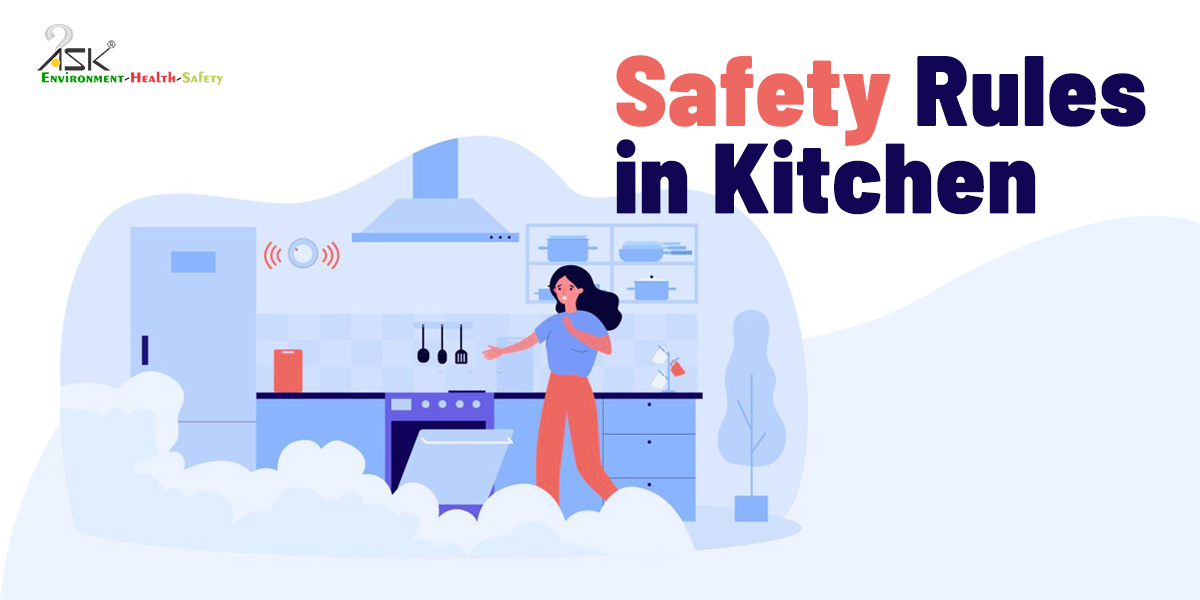Lost sleep makes us count

We’ve all dabbled in our own ways with loss of sleep. To catch that late night kick-off of a football match or sometimes family engagements. All of which compel us to stay awake, way past our bedtimes.
The sheer amount of studies and research that has been done on lost sleep are both useful and alarming.
The calming spiral of sleep and its science revolves around cognition, memory forming, and learning. Sleep is an essential mechanism for body and the mind. Wound healing relies on good sleep patterns. While sleep and learning have intimate evolutionary and clinically established relationship. Sleep exerts an overall beneficial effect on cellular machinery, nerves, and metabolism within the human body.
The occupational aspect of sleep can be termed as sleep health economy. The twin aspects of this term – ill effects of proper sleep in workplace and ways and means of securing good sleep.
A RAND Corporation study estimates a 411 billion dollars as cost to U.S economy each year due to lost sleep which totals up to nearly 1.2 million lost work days per year.
Cumulatively those numbers across the world are similar to injury at workplace, occupational health related loss of productivity and economic costs to the organization.
Unslept workers are more likely to commit mistakes even at tasks they have been performing with years of experience. The error bars on the tasks assigned to a worker start stretching to worrying levels due to lack of proper sleep. The studied effects of lack of proper sleep range include:
1) Chronic health effects; such as obesity, high-blood pressure, heart disease and stroke.
2) Health and performance issues; such as weaken immune system, impaired cognitive performance, and mental distress.
The cost of poor sleep doesn’t end here. It compounds and magnifies as suggested from the chronic health effects and costs more money to manage. Many organizations based in services and utilities sector, workplace that work according to different time zones or night-shift work have started accounting these costs.
Flexible shift patterns with better work rotation ensure that workers don’t fall prey to bad sleep. Even Japan, where long-work hours and staying at work was seen as a matter of pride and prestige is succumbing. Karoshi or ‘death from over-work’ has been identified as one of the leading causes of occupational fatality in Japan.
There isn’t one of us who at some stage hasn’t faced this challenge of lost sleep and managing work. However, caffeine and other means only provide a false sense of hope. There is no replacement for good sleep and getting at least 7 hours of sleep on daily basis.
Regulating habits such as brightly lit screens close to the eyes, food habits and getting exercise can be useful. Sedentary lifestyle has 7-9 hours of office work firmly stamped over it. Make better use of time and try to avoid long sitting stints.
Aim for modification of electronic device habit, small changes to diet and lighting that can contribute more effectively than medicines.
Good sleep has the capability to set you up nicely for the next day. And it is within our control to a great extent. Investing in ‘good sleep’ economy can be more rewarding for organizations than the best breakout areas for employees.
No wonder many organizations are exploring sleep pods and leisure lounges to provide their employees bite-size quality sleep time at work.


